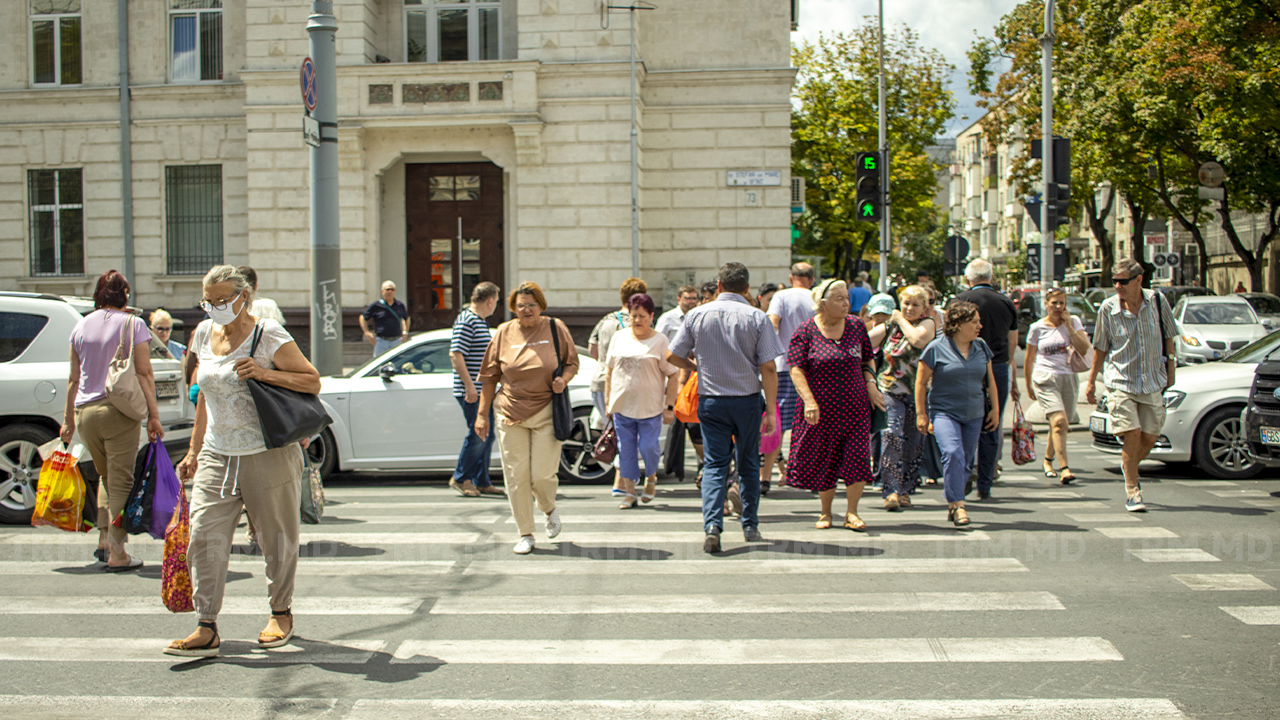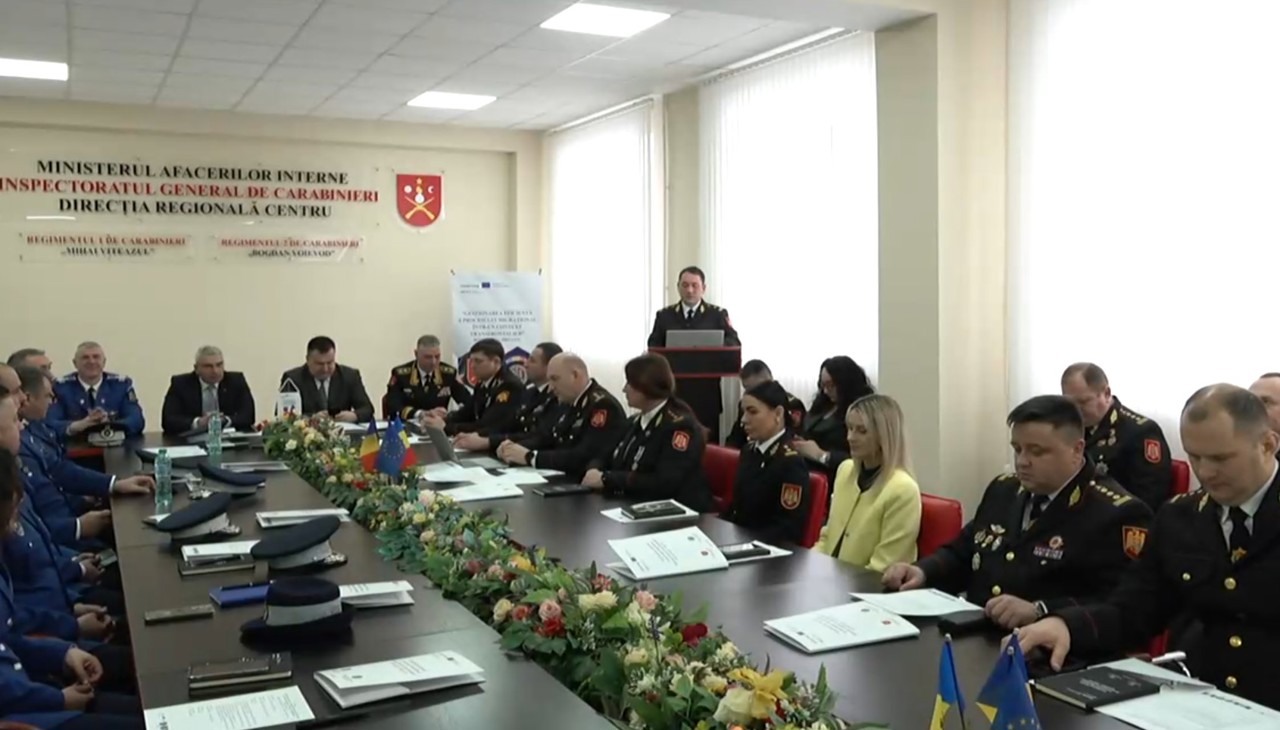EU Funds Boost Moldova's Social Programs
The European Union has provided at least 3 billion Moldovan lei (approximately 167 million euros) to the labour and social protection sector in the Republic of Moldova over the past five years.

These funds, allocated through various projects, have been used for several purposes, including compensating for utility bills during the cold season, creating childcare services, and improving the quality of education.
With the official opening of accession negotiations on June 25, Moldova will then be able to access more European funds, according to the Ministry of Labor and Social Protection (MMPS). By 2027, the country is expected to access funds through the Instrument for Pre-Accession Assistance (IPA) III, the main financial instrument for supporting reforms in candidate countries, with a total budget of 14.2 billion euros.
Moldova Benefits from EU Support to Reduce Poverty
The Republic of Moldova has benefited from financial assistance through various EU instruments over the past five years. For example, over 10 million euros, equivalent to over 190 million lei, have been allocated to the country through the European Neighborhood Instrument (ENI) to support vulnerable groups, promote social and economic inclusion, and strengthen civil society.
An additional 23.3 million euros, equivalent to around 448 million lei, were allocated through the "EU4Moldova: Focal Regions" project to improve the living conditions of children, adolescents, and vulnerable people, according to the Ministry.
The EU also supports Moldova's labour market. By 2025, two million euros (over 38.4 million lei) will be used to improve working conditions and increase employment opportunities.
EU aid has also played a direct role in alleviating energy costs. Over 132 million euros (over 2.5 billion lei) in aid was provided to Moldova by European states and institutions during the unprecedented energy crisis of 2022-2023, when natural gas prices skyrocketed due to Russia's military aggression against Ukraine. An additional 12 million euros (around 330 million lei) for bill compensation were allocated in the previous cold season (2023-2024).
According to a recent World Bank study, the EU-supported energy compensation program has helped reduce poverty in Moldova by 20%.
"This is encouraging and we believe it has a direct impact on the lives of citizens," said Cristina Jandîc, Deputy Secretary General of the Ministry of Labor and Social Protection, in an interview for Teleradio-Moldova. "Reducing poverty, especially poverty in rural areas and among children, is a key priority for the Ministry, and we are already seeing significant progress."
Moldova on the Path to EU Membership
The Republic of Moldova applied for EU membership on March 3, 2022. Less than a year later, the European Commission issued its opinion on the application.
On June 23, 2022, the European Council granted Moldova candidate status. Following the country's fulfilment of the European Commission's recommendations, EU leaders decided to open accession negotiations with Moldova in December of last year. The Council was also invited to adopt the negotiating framework, after completing the relevant stages provided for in the Commission's report.
The first intergovernmental conference, marking the official start of accession negotiations, will take place on June 25. Both authorities and experts believe 2030 is a reasonable target year for Moldova to become a member of the EU.
Recently, European Commissioner Johannes Hahn said in an interview for Teleradio-Moldova that the EU is going to allocate 100-120 million euros annually to Moldova during the pre-accession period. The European official added that once Moldova joins the European Union, "there will be a significant increase" in the amount of European funds the country can access.
Translation by Iurie Tataru





